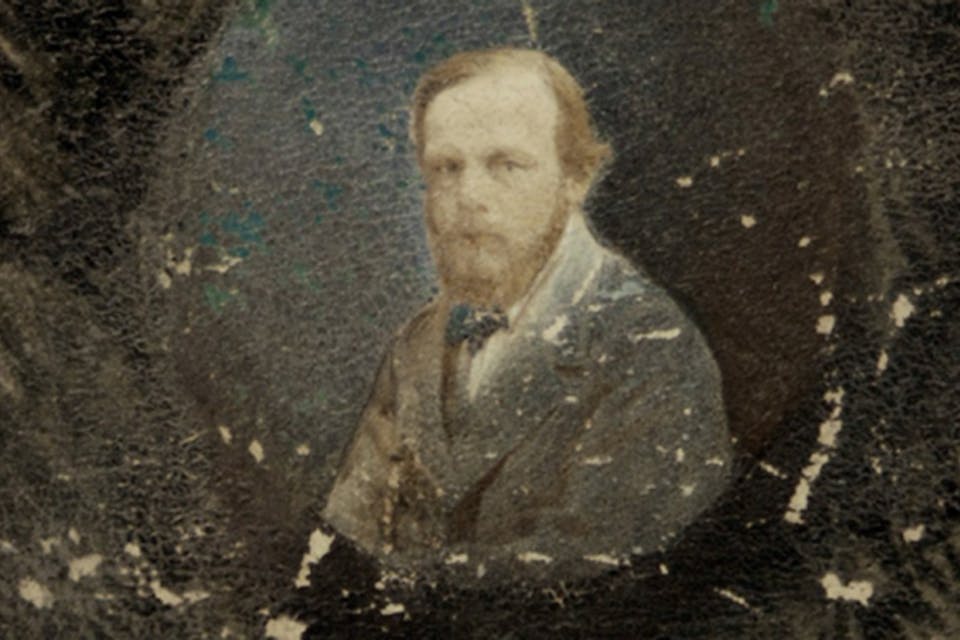
December 18, 2023
Anti-Semitism Appeals to Intellectuals Because It Feels Like an Idea
That's why geniuses like Dostoevsky can love all humanity and hate the Jews.
Gary Saul Morson’s characteristically learned and insightful essay on Dostoevsky raises the question of how a writer with such a profound understanding of good and evil could fall prey to such a rudimentary moral failing as Jew-hatred. As Morson says, the implications of this question go far beyond Dostoevsky himself. His example reveals one of the most troubling qualities of anti-Semitism, here and now as in 19th-century Russia: its shamelessness. Many people who congratulate themselves on their benevolence, and would be deeply ashamed of being exposed as racist or homophobic, take a certain pride in hating Jews.
This is not simple hypocrisy. Rather, it is a sign that anti-Semitism is differently constituted from other kinds of prejudice, so that to those who harbor it, it doesn’t feel like a prejudice at all. Instead, it feels like an idea.
Dostoevsky expresses this distinction in the letter to a Jewish correspondent quoted by Morson. The novelist complains about being “placed among the haters of Jews as a people,” protesting that “there was never any such hatred in my heart.” This is no doubt true: intellectuals are seldom governed by heart-hatred, which operates on the level of instinct and so is unable to give a rational account of itself. Racism and homophobia belong more to this category, and it is their essential unreasonableness that makes these prejudices exemplary targets for enlightenment.
Responses to December ’s Essay
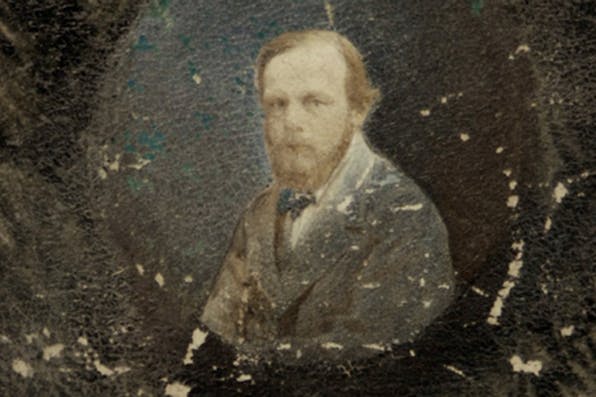
December 2023
Anti-Semitism Appeals to Intellectuals Because It Feels Like an Idea
By Adam Kirsch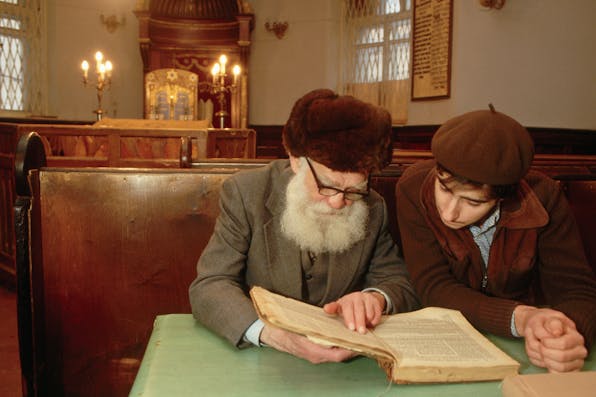
December 2023
The Special Sway Dostoevsky Held over Soviet Jewish Minds
By Marat Grinberg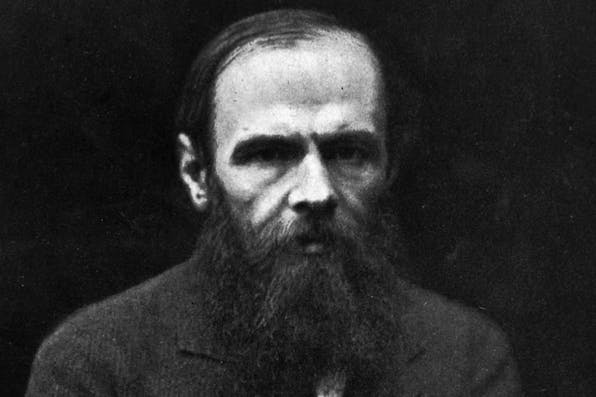
December 2023
The Jews Who Guard Dostoevsky
By Gary Saul Morson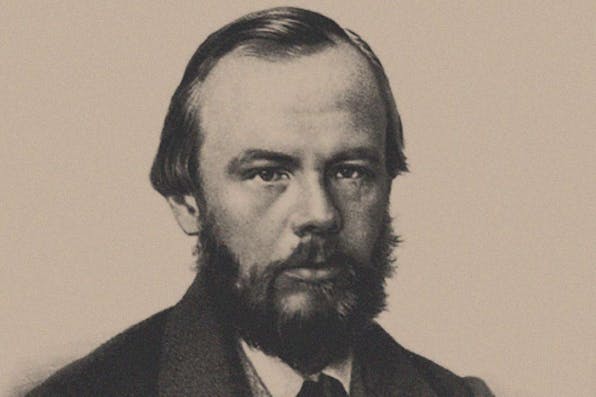
December 2023
Watch Gary Saul Morson and Jacob Howland Discuss the Dostoevsky Problem
By Gary Saul Morson, Jacob Howland, Jonathan Silver